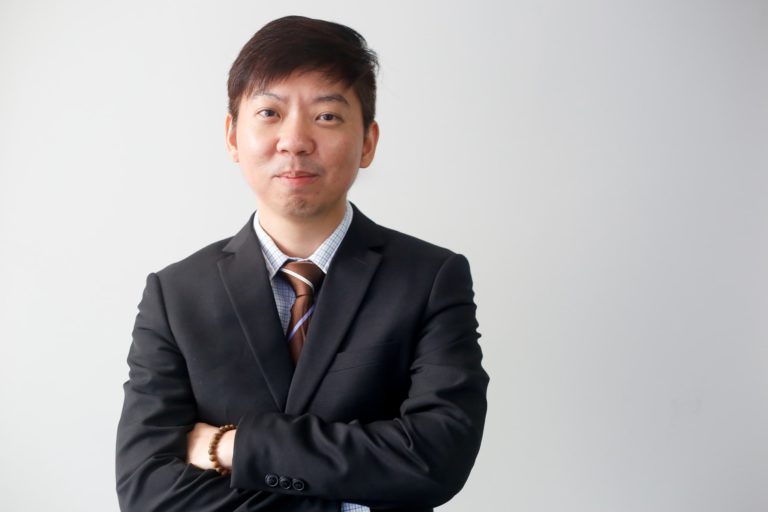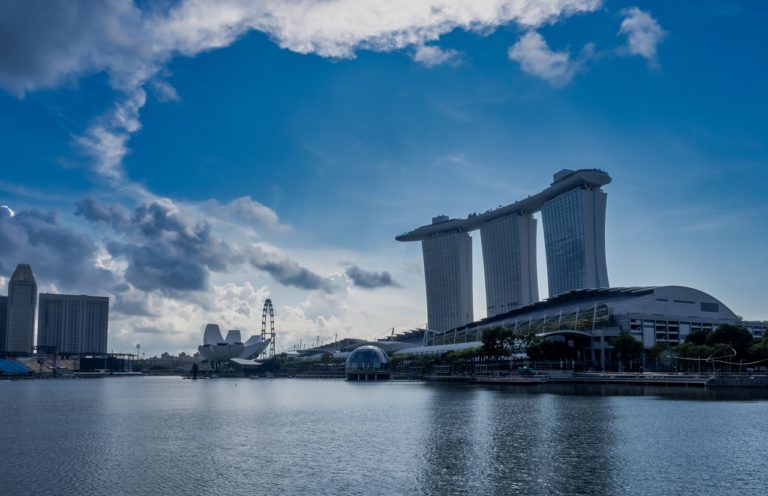From 2020 to 2022, about 200 applicants were granted Permanent Residency through the Global Investor Programme (GIP).
Commentary: 200 Permanent Residency Granted Through GIP
The Global Investor Programme was launched in 2004 by the Economic Development Board (EDB) to attract investors and entrepreneurs to invest in Singapore. Applicants should have at least three years of entrepreneurial and business experience and hit a minimum investment threshold to qualify for the programme.
Previously, foreigners who were granted Permanent Residence were required to invest at least $2.5 million into Singapore under the scheme. However, with effect from March 15 of this year, changes in the investment quantum have been effected.
Most notably, the minimum investment amount across all three tracks of the programme (a new or existing Singapore-based firm, a GIP-select fund and a family office) has now been raised. Changes have also been made to the GIP renewal framework.
How has the GIP Helped Singapore?
Since its inauguration, the GIP has massively boosted Singapore’s business and high-growth sectors:
- The GIP has attracted about $5.46 billion in investments from 2011 to 2022.
- The programme has generated more than 24,000 jobs, and many of these positions have gone to talented Singaporeans and Singapore Permanent Residents.
- GIP investors have also injected $1.62 billion into approved GIP funds, of which fund managers have deployed $1.41 billion into actual investments.
- About 65.6 per cent of the $1.41 billion, or $930 million, have been invested in Singapore-based companies.
- Many investors in the programme come from sectors such as technology, urban solutions, sustainability and finance, benefiting Singapore’s nascent and high-growth sectors significantly.
With the increased stringency of the GIP framework, candidates should expect to contribute even more to the Singaporean economy. Candidates should have plans in place to increase local and PR hires, sharpen their focus on Singaporean or Singapore-based firms and channel more funds to GIP funds. In other words, candidates must intensify their commitment to Singapore, with the intention of rooting themselves here.
Becoming a Permanent Resident
To become a Permanent Resident through the GIP, applicants must undergo an extensive and rigorous screening and selection process. EDB regularly assesses applicants to ensure that they are grounded in Singapore and contributing to the economy. Site visits and documentary checks are frequently conducted to keep track of the investors’ contributions to Singapore. The GIP track is therefore an extremely selective process, and only 1% of applicants obtain PR status through the programme
There are many options for GIP applicants to improve their chances of obtaining Permanent Residency. As a key criterion in the selection process is social integration, GIP applicants should ideally be proactive community contributors and participants. Beyond donations, GIP applicants should demonstrate active community involvement, such as participation in grassroots activities, neighbourhood events and heartland immersion. The National Integration Council offers orientation programmes for these purposes, enabling applicants to familiarise themselves with the Singaporean way of life.
Applicants can also demonstrate commitment through philanthropic activities and contribution to social causes. Some key examples include patronage and sponsorship of charity events, establishing scholarships and community funds and seats on the boards of directors of various non-profit organisations.
Implications
PR inflows via the GIP route are in no way reflective of the overall profile of candidates Singapore considers for Permanent Residence. While most new Permanent Residents come from the Professional (PTS) schemes (~80%), Sponsorship schemes (15%) and the Foreign Student Scheme (5%), PRs applying via the GIP scheme constitute less than 1% of successful applicants. To illustrate: out of 32,000 applicants, only 200 applicants come from the GIP pool.
Furthermore, the GIP PR application process is administered by EDB and ICA. Applicants applying through GIP are mainly assessed on their ability to provide commercial and economic value, on top of individual potential and talent. The high-income criteria therefore only applies to GIP PR applicants. It should not cause applicants from other schemes to see themselves as inferior in the quest for Permanent Residence. The GIP will also not affect Employment Pass quotas: it targets an entirely different group of professionals with entirely different economic goals in mind.
To elaborate, the main goal of the GIP is to ensure that investments into Singapore will be sustainable over longer periods of time, allowing Singapore to achieve its long-term growth goals. Attracting investors who are more willing to commit to the country also creates even more employment opportunities for local professionals over time.
Foreign investors can benefit from Singapore’s position as a gateway to Southeast Asia and the rest of the Asian region, home to the world’s most promising emerging economies. GIP applicants who become Permanent Residents enjoy many benefits not available to work pass holders, such as certain business advantages and a peace of mind associated with Singapore’s commercial and economic prowess.
Conclusion
That being said, the influx of ultra high net worth individuals (UHNWIs) has contributed to the rise of rental costs in Singapore. Many are buying expensive properties that drive adjacent property prices up. However, while rising property costs are indeed a concern, they already follow a wider trend of inflation that started before the arrival of these UHNWIs. Hence, these inflationary pressures are not anomalous or unusual, and both local and foreign professionals should continue to brace themselves as they would in a general climate of inflation.
With more UHNWIs settling down in Singapore, we can expect Singapore to adopt a more long-term oriented immigration policy direction. The incoming wave of UHNWIs from countries like China and India can benefit Singapore greatly by offering their wealth, resources and expertise. They are valuable to the Singapore economy in terms of driving large-scale commercial and economic value. Local and foreign professionals can thus remain assured of their position in the economy, without the worry of facing more competition or restrictions.







